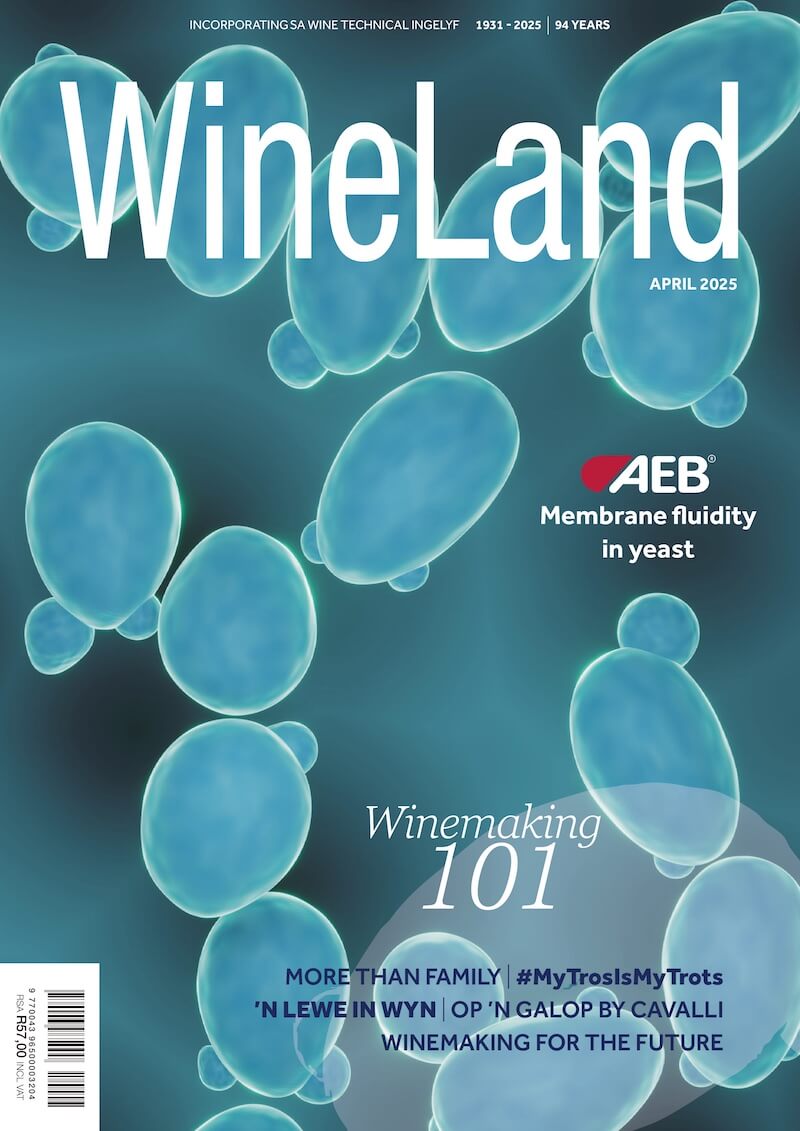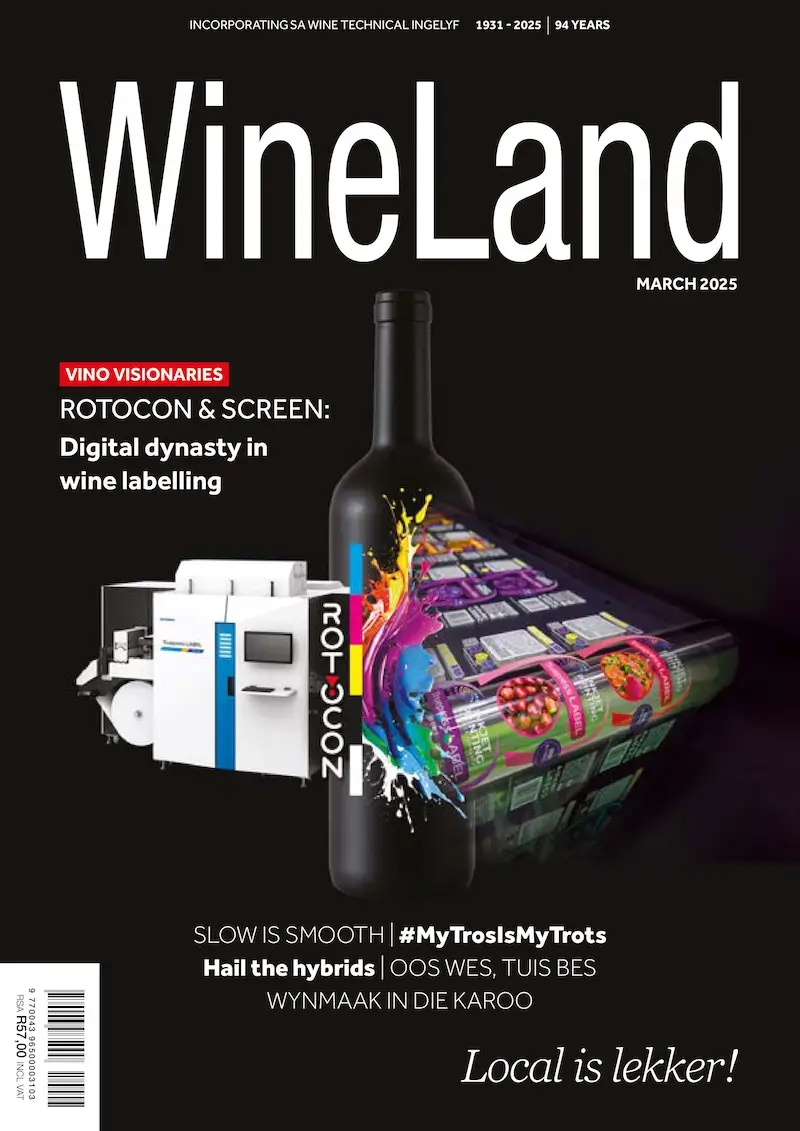Passion for wine, proper mentorship and skills development have been key in building black-owned brands.
Several wine producers have joined hands with their farm workers and communities to establish their own wine labels. With third-generation farm workers now on some farms, their needs over time have changed, creating an opportunity for joint ventures and partnerships to ensure the sustainability of the farms. We shine the light on three initiatives that have proved successful despite the many challenges. These initiatives cover the entire spectrum of market share, from local and export markets to the bulk wine market. We focus on their growth and what it takes to achieve their goal – to become the most sought-after wine brands globally.
FAIRVALLEY WINES
On retirement, most farm workers leave the farm that they have dedicated most of their life working at. This was a concern for Fairview owner Charles Back, he therefore made it his mission to acquire land that his farm workers could own and build their own houses.

But acquiring the land came with a financial burden, increasing the need for an alternative income to sustain and manage the newly acquired piece of land, now known as Fairvalley. A farm workers trust was set up to produce Fairvalley wines which are all made for the export market and were first bottled in 1998. “Although it is very challenging to rely on export markets only, the international market is much more open in accepting our wines and listening to our story,” Fairvalley marketing manager Enoch Zaleni says.
As part of Fairvalley’s growth, the business model was restructured to incorporate Piekenierskloof Wines, which has a 40% stake in the business and manages the production side of the project. The farm workers own the remaining 60% of the Fairvalley Wine Company. Eight houses have been built from the profits and the plan is to focus on education and other projects to uplift and empower workers.
KOOPMANSKLOOF
This was a ground-breaking initiative by the late Stevie Smit, who owned all the wine farms affiliated to Koopmanskloof. With the help of the department of land affairs and managing director of Koopmanskloof, Rydal Jeftha, he transferred ownership to the workers as a form of empowerment. Rydal, born on a farm himself has been at the helm of the business since 2004 and is now in charge of 520 ha of vineyards and a cellar that produces 2.5 million litres of wine a year. Black ownership is currently at 51% and most of the dividends are used to maintain farm workers’ houses and invest in their children’s education.
The workers now own 100% of the Vredehoek farm and 26% share of the company’s operations. The company has Fairtrade accreditation, which has increased its access to the market. In a recent interview, Rydal said he was concerned about the loss of value-added revenue, especially through the sale of bulk wine. Though bulk wine is environmentally praiseworthy, the consequences on the production side have not been positive. He however remains hopeful that with the increase in sales in the local market and other markets such as the rest of Africa and Asia, industry bodies will help the company to expand its footprint.
BAYEDE!
Bayede! is the only royal endorsed wine by a monarch in South Africa. This initiative launched by King Goodwill Zwelithini, the King of the Zulu nation, focuses on entrepreneurial development and job creation. With a stable of products ranging from wine to clothing and jewellery, the brand holistically looks at linking all the products to create the most sought-after African brand globally. Bayede!’s strong point is sourcing quality products from informal business as a way of empowerment, such as traditional beads.
They have a three tier wine portfolio, which has royalty as its unique selling point, The Prince as an entry level wine, King Shaka, Queen Mantfombi and King Goodwill Zwelithini as the mid-level and Bayede! 7 Icon as the premium range. The brand has joint venture agreements with some of the top wineries in the industry for the Bayede! wines which are listed in 200 retail stores locally and 400 abroad. Their wines were also selected for two years in a row for the South African Airways business class and Comair.
Black ownership stands at 52% and current challenges include developing a marketing model for new markets such as China, Russia and Brazil and ensuring sustained marketing support for the off- and on-trade market.














